Written by Adeel Abbas
An artificial sweetener, or sweetening agent, is a food additive that provides a sweet taste to foods and drinks without the accompanying calories of natural sugar. Because they are many times sweeter than regular sugar, artificial sweeteners can be used in smaller quantities to provide the same level of sweetness. This makes them popular as low-calorie or calorie-free alternatives to sugar for people who are trying to manage their weight or diabetic patients who need to restrict their sugar intake.
There are several different types of artificial sweeteners, including saccharin, aspartame, acesulfame potassium (Ace-K), and sucralose. Each one has a slightly different chemical makeup and sweetness profile. Some people have sensitivities to certain types of artificial sweeteners, so it is important to test out different kinds to see which ones work best for you.
Artificial sweeteners are regulated by the U.S. Food and Drug Administration (FDA) and must be safe for human consumption in the amounts that they are used. However, some people maintain that there is still not enough evidence to say that artificial sweeteners are completely safe.
Critics argue that they may have negative long-term health effects, such as contributing to weight gain, diabetes, and other health problems. However, there is no definitive scientific evidence to support these claims.
How does artificial sweetening agent work?
Table of Contents
There are different types of artificial sweeteners, and each one works a little differently. Generally speaking, though, these sweeteners work by binding to receptor molecules on the tongue. This causes a change in the way the taste buds perceive sweetness, which results in a sweeter-tasting food or drink.
One thing to keep in mind is that not all artificial sweeteners are equally soluble in water. So, if you’re using an artificial sweetener as a sugar substitute in your cooking or baking, be sure to choose one that will dissolve well in whatever liquid you’re using. Otherwise, you may end up with clumps of sweetener in your dish that can make it difficult to swallow.
What are common artificial sweetener?
Artificial sweeteners are very common in our lives, they are used in sugarless gum, sugarless candies, diet soda, and much more. Some artificial sweeteners that are very commonly seen are Saccharin, Aspartame, Acesulfame Potassium (Ace-K), Sucralose, Cyclamate, and Alitame.
Saccharin
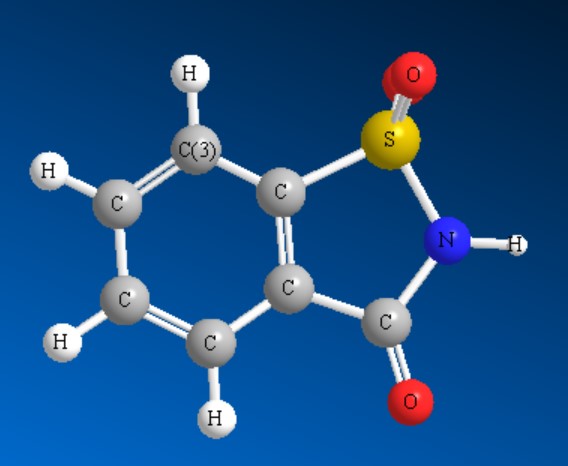
Saccharin is 200-700 times sweeter than sucrose, or table sugar. It’s a white odorless solid which comes from coal tar derivatives. It has no food energy so it cannot be metabolized by any living thing and it is calorie-free. It was discovered in 1879 by Constantin Fahlberg, a researcher at Johns Hopkins University.
Aspartame
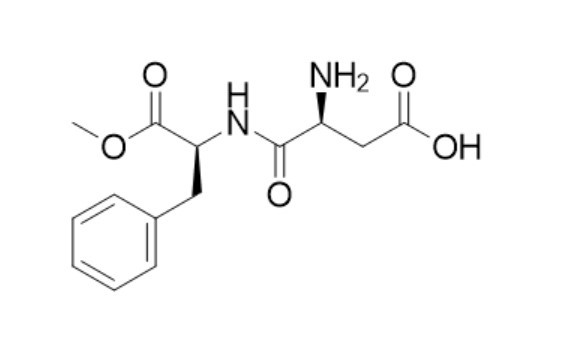
Aspartame is an artificial sweetener made from the amino acids aspartic acid and phenylalanine. It is about 200 times sweeter than sucrose. Aspartame is often used in diet soft drinks, sugar-free desserts, and other low-calorie foods. It was discovered in 1965 by James M. Schlatter, a chemist working for G.D. Searle & Company.
Acesulfame Potassium (Ace-K)
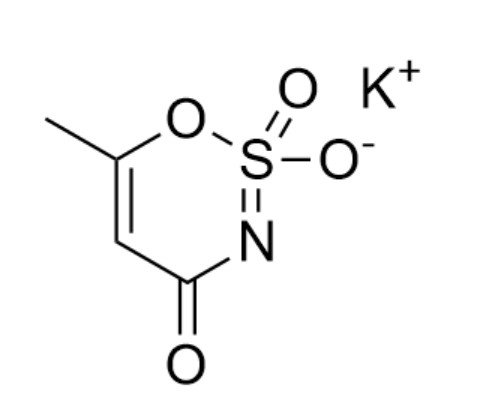
Acesulfame Potassium (Ace-K) is another common artificial sweetener that is about 200 times sweeter than sucrose. Ace-K is often used in combination with other sweeteners, such as saccharin and aspartame. It was discovered in 1967 by Karl Clauss, a chemist working for Hoechst AG.
Sucralose
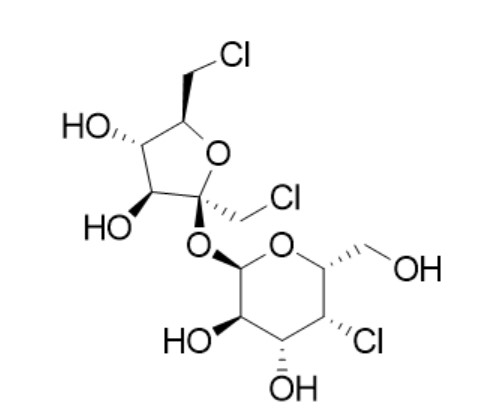
Sucralose is an artificial sweetener made from sugar. It is about 600 times sweeter than sucrose. Sucralose is often used in sugar-free products such as diet drinks and sugar-free candies. It was discovered in 1976 by Shashikant Phadnis and James Schlatter, chemists working for Tate & Lyle.
Cyclamate
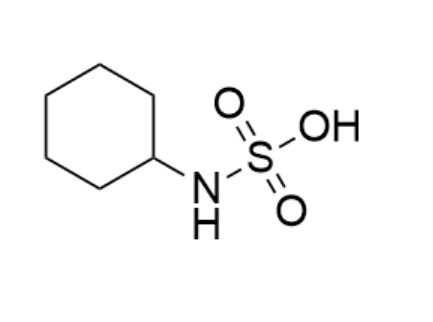
Cyclamate is an artificial sweetener that is about 30 times sweeter than sucrose. Cyclamate was discovered in 1937 by Michael Sveda, a graduate student at the University of Illinois.
Alitame
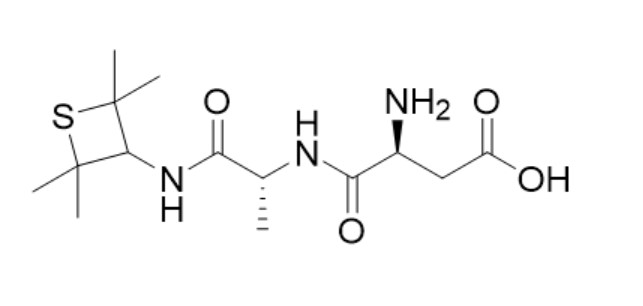
Alitame is an artificial sweetener that is about 2000 times sweeter than sucrose. Alitame has no food energy so it cannot be metabolized by any living thing and it is calorie-free. Alitame was discovered in 1982 by Arthur D. Little, Inc.
So those are some of the most common artificial sweeteners that you will see in your daily life.
FAQs About Artificial Sweetener
1: Are artificial sweeteners healthier than sugar?
A: There is no definitive answer to this question. Some people believe that artificial sweeteners are healthier because they are calorie-free, but there is no concrete evidence to support this claim.
2: Are artificial sweeteners carcinogenic?
A: There is no scientific evidence that suggests that artificial sweeteners are carcinogenic.
3: Do artificial sweeteners cause weight gain?
A: Some people believe that artificial sweeteners may contribute to weight gain, but there is no definitive scientific evidence to support this claim.
Q: What are the health risks of using artificial sweeteners?
A: The health risks of using artificial sweeteners are still being studied, and there is no definitive answer yet on whether or not they pose a risk to human health.